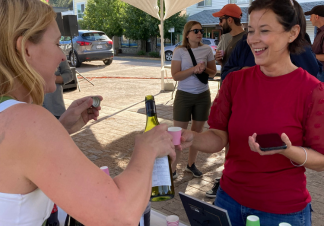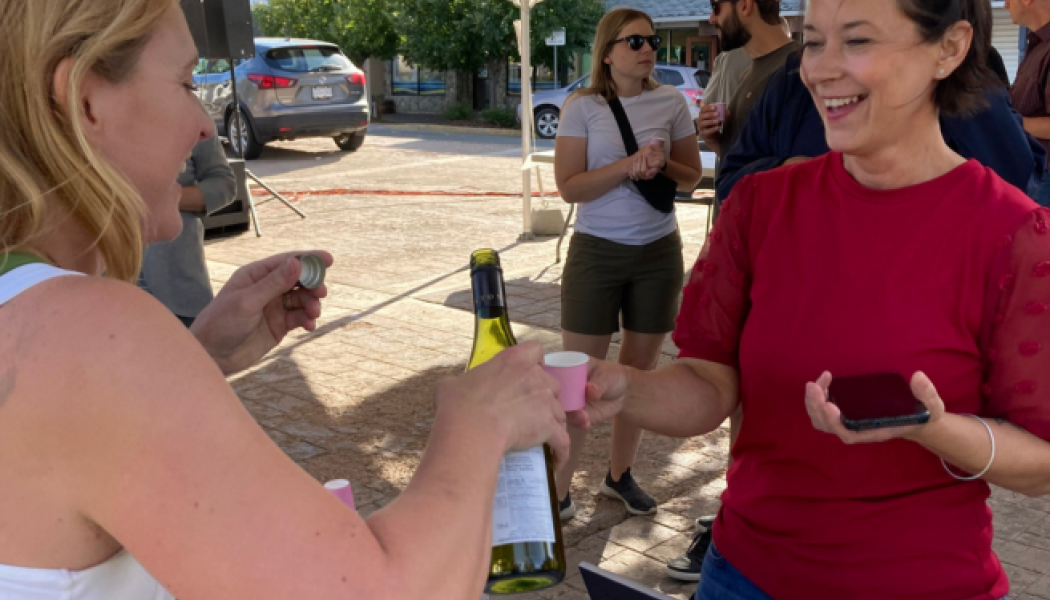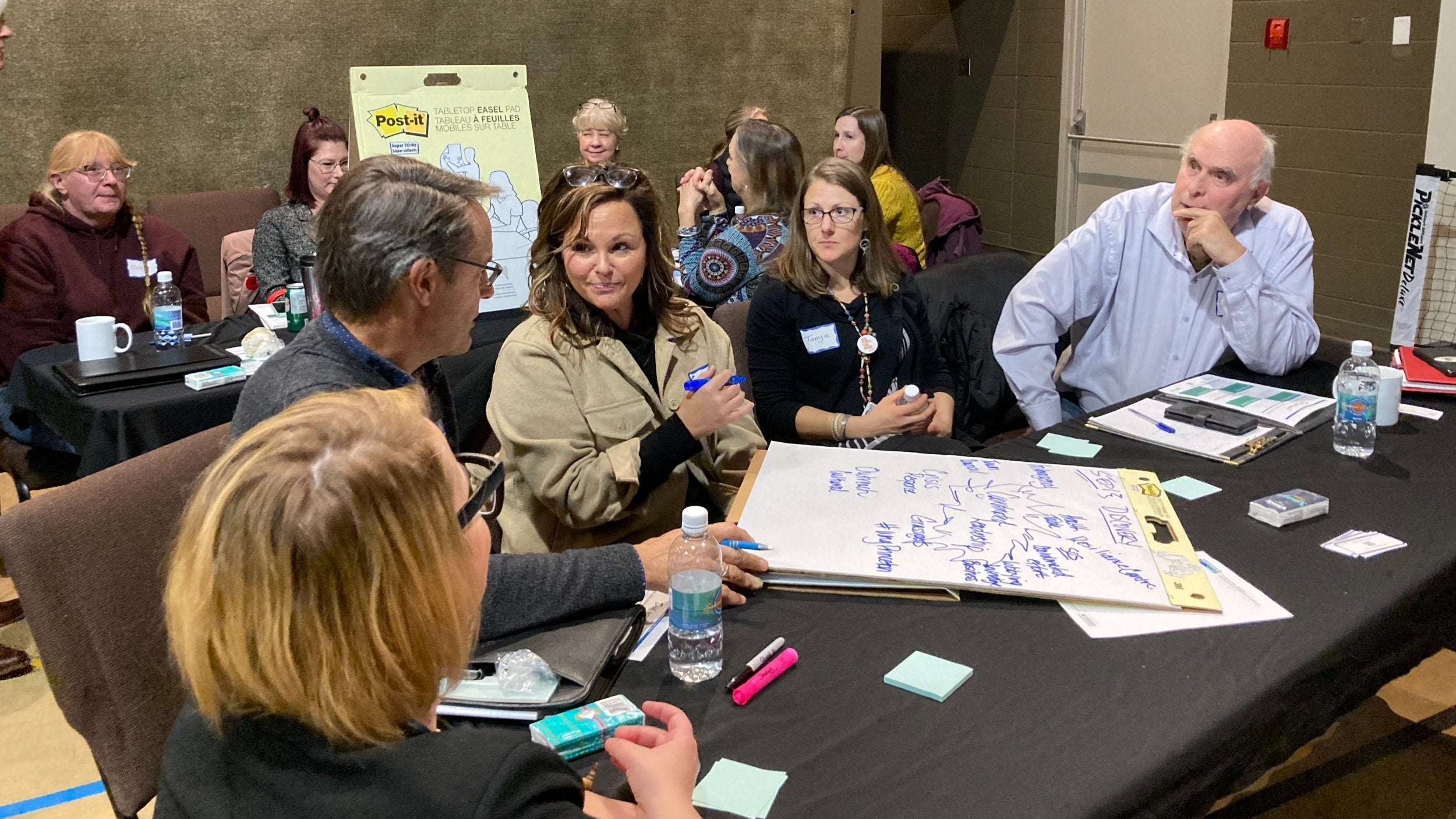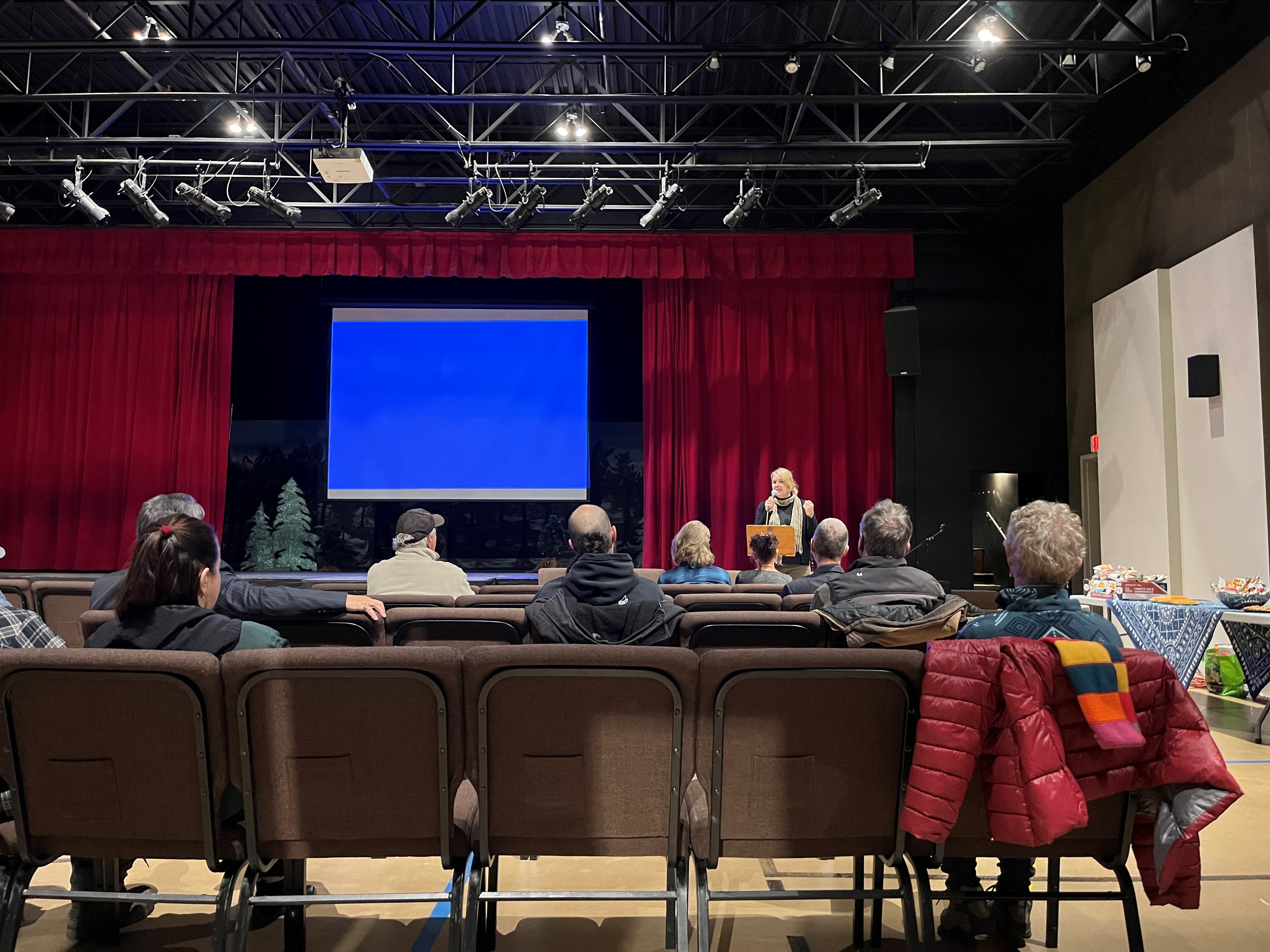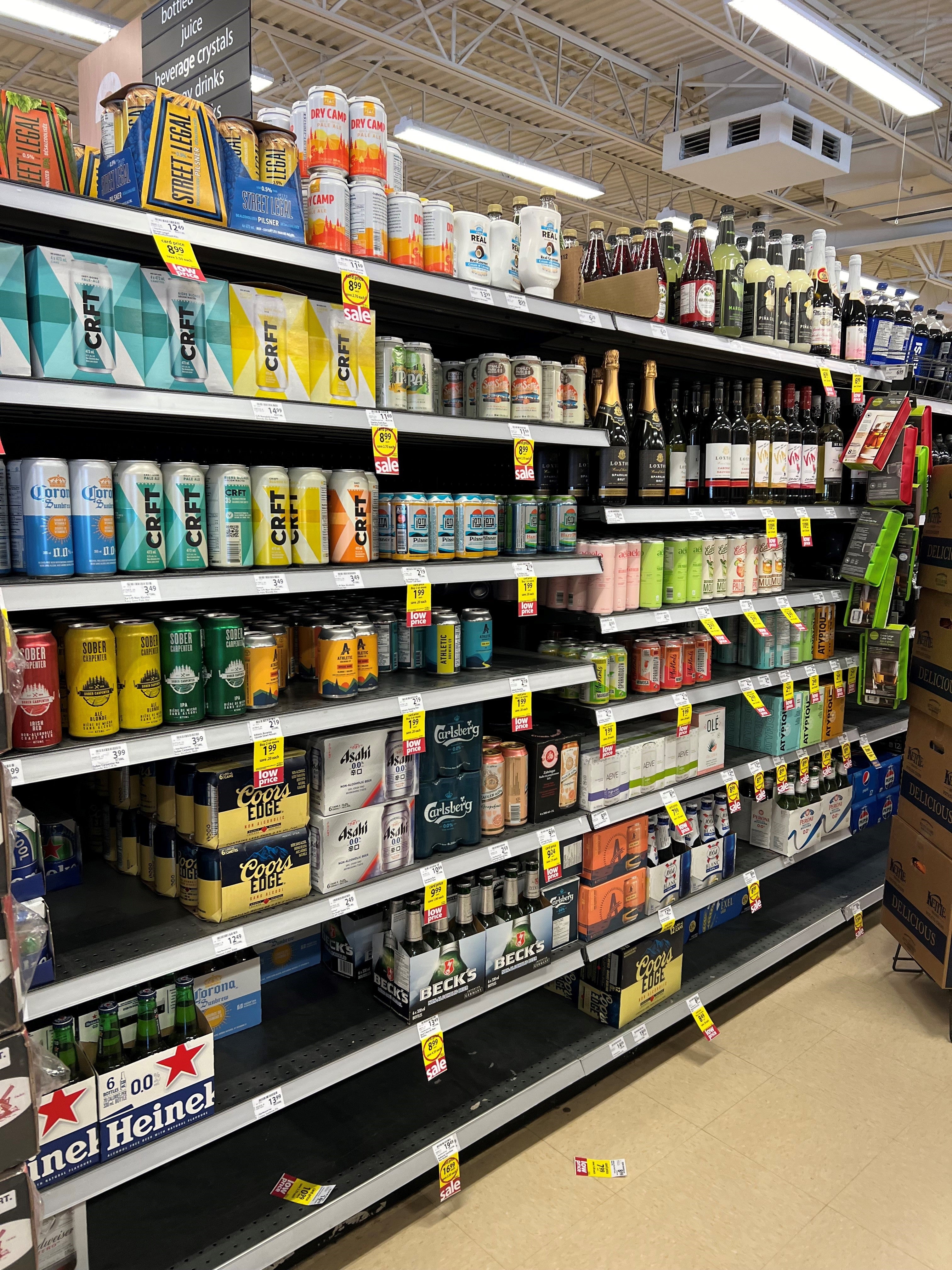Nestled just east of the Cascade Mountains along Highway 3, at the juncture of the Similkameen and Tulameen rivers, lies Princeton. The small town of just over 2,800—whose slogan is “Where rivers and friends meet”—is known for its forestry, mining and ranching, as well as outdoor pursuits like bird watching and fishing.
It’s also a town that’s becoming known for its resiliency. Princeton has seen more than its share of adversity, from devastating floods in 2021, to wildfires and evacuations, to a persistent boil water notice since Dec. 2021. There’s a “can-do” ethic shared by Princeton residents, and these disasters have brought the town and residents together.
It’s this same sense of community and can-do ethic that have brought the community together to help transform conversations around alcohol.

